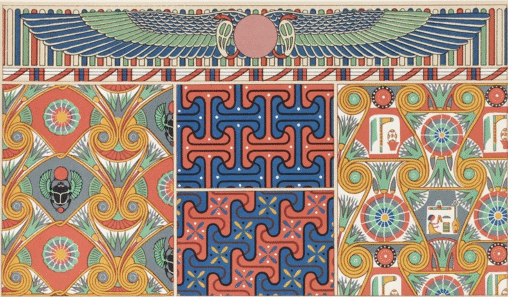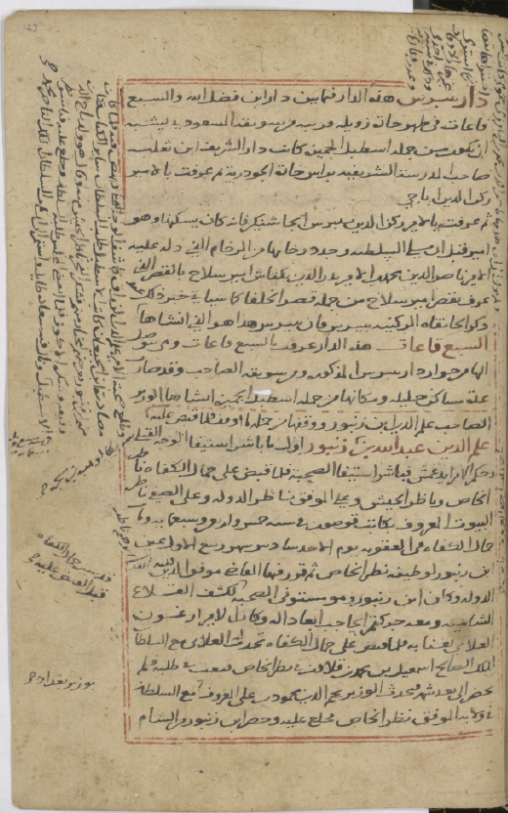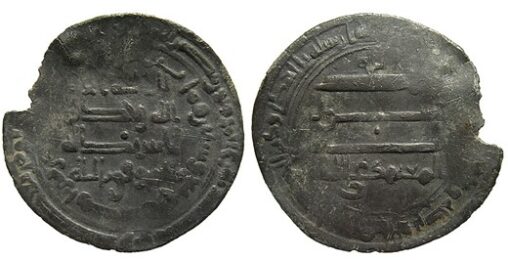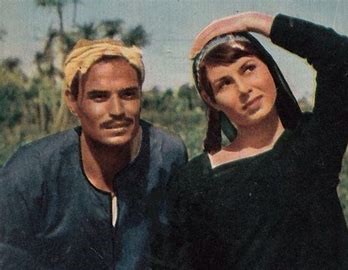Related Content
- Material Sources for Early Islam and Late Antique Near East
- Embedding Conquest: Naturalising Muslim Rule In the Early Islamic Empire
- SCORE: Social Contexts of Rebellion in the Early Islamic Period
- Rural Society in Medieval Islam
- Invisible East
- Embodied Imamate: Mapping the Development of the Early Shi'i Community 700-900 CE
- Coptic Magical Papyri
- Source of Life: Water Management in the Premodern Middle East
- Papyrus Stories - Everyday Stories from the Ancient Past
- Everyday Orientalism
- Arsheef
- Sociality of Tax
- The Anthropology of Tax Network
- The Middle East at Edinburgh
Recent Posts
- Ownership, Tax and State: Dalia Hussein defends her PhD!
- A receipt, a Cashier, and a Son of al-Mutawakkil – P. World 121a
- New Publications on Ancient Fiscal History
- Seminar Series: “People and their Environments in the First Millennium CE”
- Protecting Tax Evaders, Securing the Revenue: A Lecture in the “Egyptian Christianities” Series









